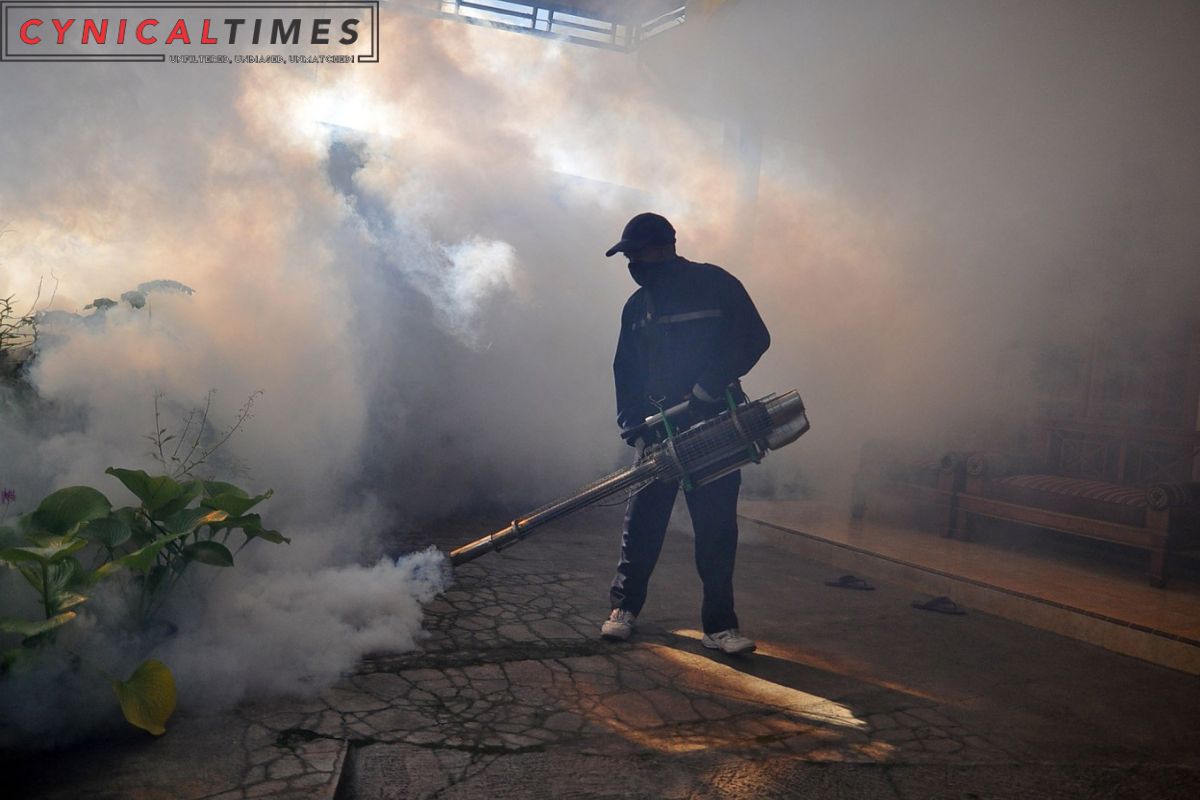Dengue Fever Cases Surge in Italy : The Italian health officials are working to contain the spread of dengue fever after four new cases were discovered. Cases are thought to be spread locally, so immediate efforts to find and contact symptomatic individuals.
Dengue virus has been observed in Italy previously. In 2020, the disease was near Venice. More cases may be linked to this event or local transmission. Dengue is spread by bugs is usually not a big deal. The disease is spreading quickly in Europe. Countries such as Croatia, France, Spain, Portugal, and Madeira are impacted.
In September, a British woman contracted the virus near Nice, France. In April, she caught the virus. She visited A&E in the UK for three days due to fever, pain, and sunburn. She improved later. Climate change in Europe aids dengue-carrying mosquitoes. This is why cases are increasing. In June, a study found disease-carrying mosquitoes in 26 European countries.
Dr. Donnelly warns that European dengue outbreaks may increase due to global trade, tourism, and changing weather. Currently, there is no dengue fever protection in the UK. Ways to stay safe: Cover skin, use bug spray, and sleep under the net.


Also Read : Phytosterol Supplements: A Potential Remedy for Age Related Hearing Loss
Experts say climate change and increased global travel are major factors in the growth of dengue, especially in non-endemic areas. The health watch list in Europe includes Rift Valley fever, chikungunya, West Nile disease, yellow fever, and Zika.
Despite recent dengue cases in Italy, the UK remains at risk. The British woman who got dengue near Nice in September had a scary health worry but got treatment and recovered. Her case is a lesson for tourists and healthcare providers.
Dengue signs, like high fever, severe headache, and muscle/joint pain, are similar to the flu. Some may have swollen glands, a rash, and painful stomach cramps. Usually, it begins 4-10 days after a mosquito bite. As there is no dengue vaccine in the UK, it’s important to take precautions such as wearing long sleeves, using repellents, and sleeping under nets.
The situation in Italy has increased awareness of mosquito-borne diseases. Health agencies are working to stop dengue spread, emphasizing the need to recognize signs and take precautions. These health concerns highlight the increasing threat of climate change and globalization to public health in Europe.
The goal is to control and treat the disease, but the long-term outlook is uncertain. Dr. Donnelly warns that without significant changes in climate management and disease prevention, dengue and similar diseases may recur in Europe.
Our Reader’s Queries
Is there dengue fever in Italy?
Dengue fever cases in Italy have been on a rollercoaster ride over the years. In 2019, the number of reported cases peaked at 232, but dropped significantly in 2021 with only 11 cases reported. However, the numbers went up again in 2022 with 135 confirmed cases.
What countries are most affected by dengue fever?
India, Indonesia, Myanmar, Sri Lanka, and Thailand are among the top 30 countries with the highest incidence of dengue fever. Recent data shows that in 2023, Bangladesh and Thailand experienced a significant increase in the number of dengue cases compared to the previous year.
Is dengue common in Europe?
As of December 2023, more than 5 million cases of dengue fever have been reported across 86 countries and territories, resulting in over 5,000 deaths. Shockingly, some of these cases were not travel-related, with Italy, France, and Spain all reporting instances of autochthonous/non-travel associated dengue fever. This highlights the need for continued vigilance and preventative measures to combat this deadly disease.
Do mosquitoes in Italy carry disease?
Every year in Italy, West Nile fever is caused by the West Nile virus (WNV), which is transmitted through mosquito bites. This virus can lead to flu-like symptoms and, in rare cases, severe illness.

